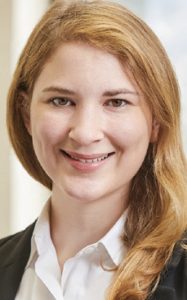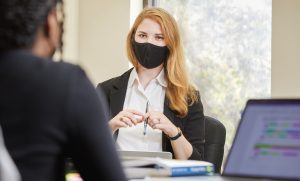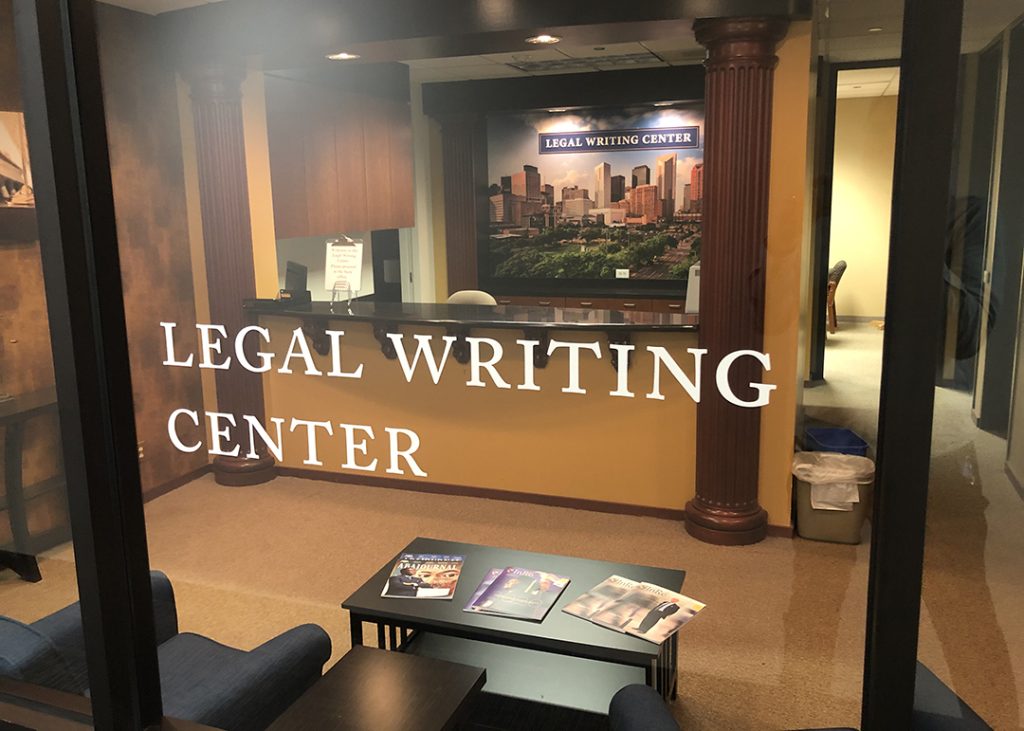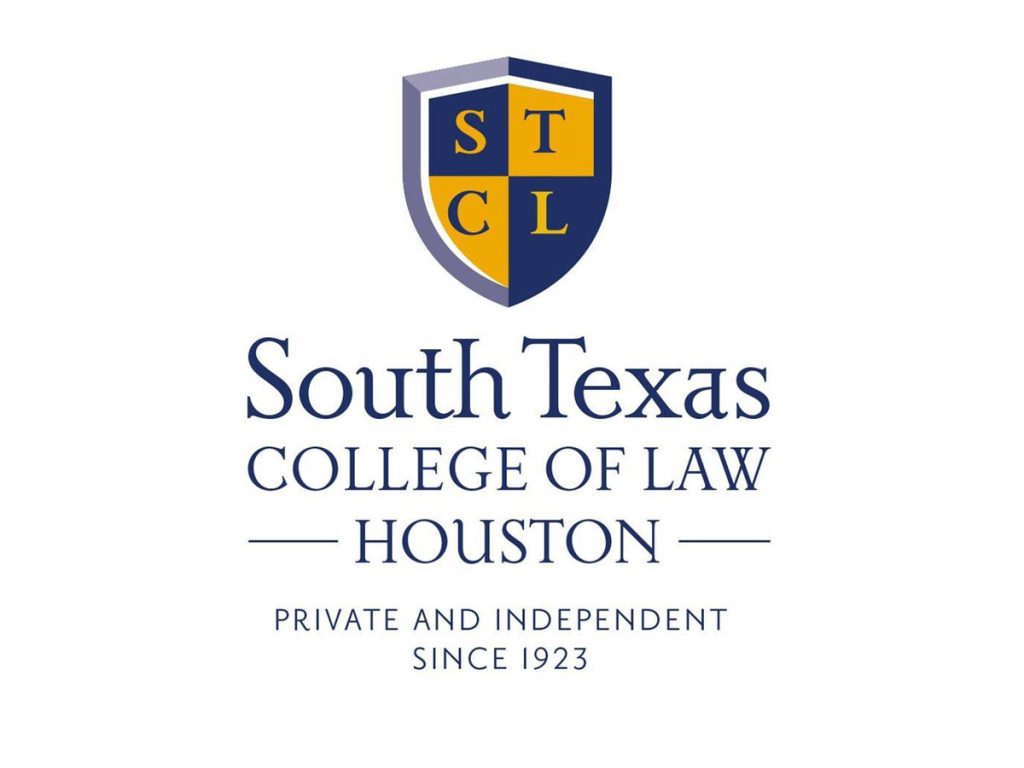 Despite logistical complications brought on by COVID-19, South Texas College of Law Houston’s Writing Center has already proven a popular and necessary resource to students and faculty during its first year in operation.
Despite logistical complications brought on by COVID-19, South Texas College of Law Houston’s Writing Center has already proven a popular and necessary resource to students and faculty during its first year in operation.
Designed to serve as a complement to the law school’s award-winning Legal Research and Writing (LRW) and Advocacy programs, the Writing Center coaches students to improve their writing skills in preparation for real-world applications after graduation. This year, that meant virtually conducting personal one-on-one reviews, panel discussions, and workshops.
In fall 2020, Cara Shaffer, a graduate of The University of Texas School of Law, took on her role as the Writing Center’s first writing specialist with enthusiasm. With the help of Legal Research and Writing Professor Maxine Goodman as mentor and advisor, Shaffer met regularly with the full LRW faculty to establish programming and discuss ideas for the development of the Center.
With Shaffer’s hard work and the faculty’s support, hundreds of students are reaping the benefits of the new Center. According to post-session surveys, over 95 percent of students report that the Center helped them improve their writing and crystallize information, and every student respondent reported they would visit the Center again.
Goodman, who teaches Legal Research and Writing—the skills-based legal writing class all first year students must take—led the effort to create the Center with President and Dean Michael Barry’s support.
She knew it would be an important resource for students, but even Goodman was pleasantly surprised to see that students were so open to using the Writing Center. “Sometimes students don’t like to admit they struggle with legal writing. But, even for former English majors, legal writing presents a challenge because it is very different from any other type of writing. Once students realize that every new law student struggles to learn how to write like a lawyer, they’re much more inclined to take advantage of the fantastic resource they have available to them in the Writing Center,” she said.
Although Shaffer worried initially about virtual burnout for students, everyone seemed to adapt well, and both faculty and students appreciate what the Center’s first writing specialist has accomplished.

“Though some students preferred to meet in person, many students found that Zoom is actually pretty convenient for working one-on-one-one on writing. Screen sharing, chat, and other collaboration tools are useful in working together on a document. That said, I can’t wait to teach workshops in person and meet some of my students face-to-face for the first time,” Shaffer said.
Given the overwhelmingly positive feedback from both faculty and students, the Writing Center is already a much-needed support system.
In one anonymous survey, a student expressed gratefulness that the Writing Center was available as a resource, and after meeting with Shaffer multiple times throughout the semester said, “Ms. Shaffer’s guidance has improved my writing tenfold.”
Optimism for what the Center can accomplish is high, especially when safe, in-person gatherings are on the horizon.
The Center hosted its first event, an expert alumni panel on Zoom, in April. Four South Texas alumni spoke with students about how to succeed in summer work and beyond.
“Their pragmatic tips on writing and professionalism were just fantastic. I hope to foster further connections between students and our alumni community in future semesters,” said Shaffer.
With a successful path in place and plans to make services available to as many students as possible, the potential for growth is exciting.
As Goodman notes, “We’re eager to grow the center to serve more students, including upper class students, and provide more workshops on a wide range of legal writing topics.”



